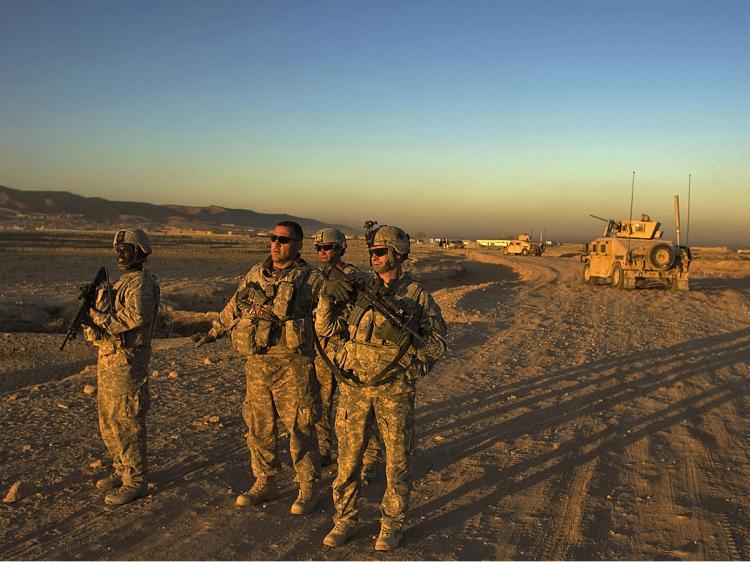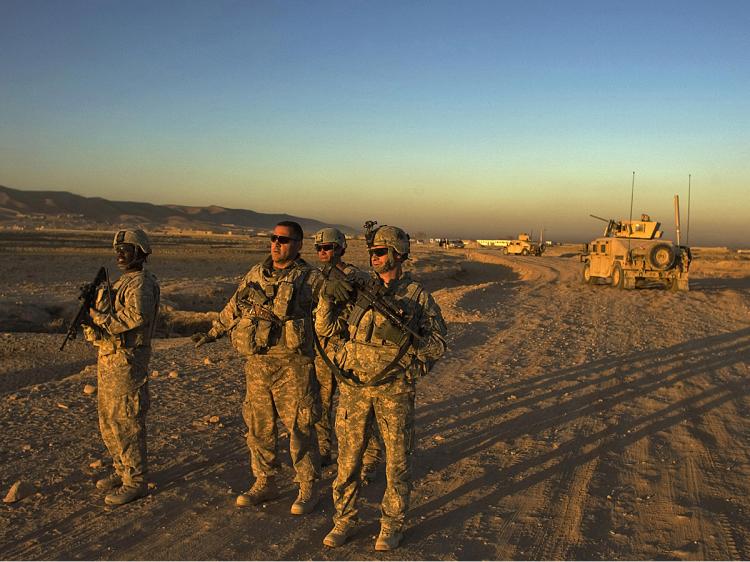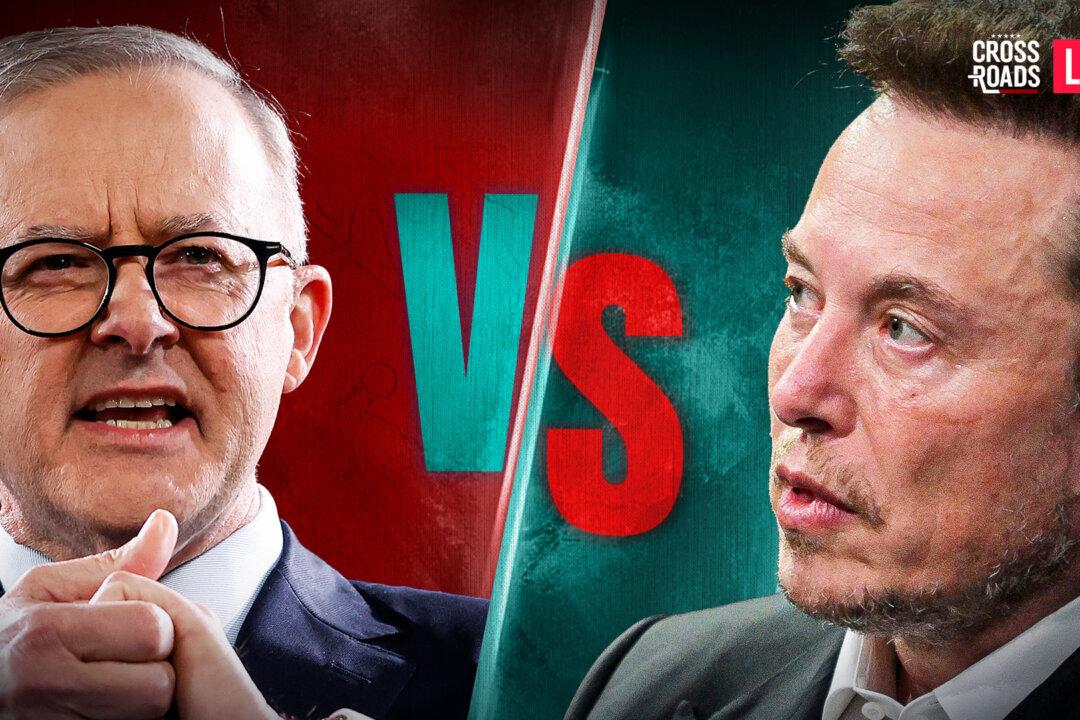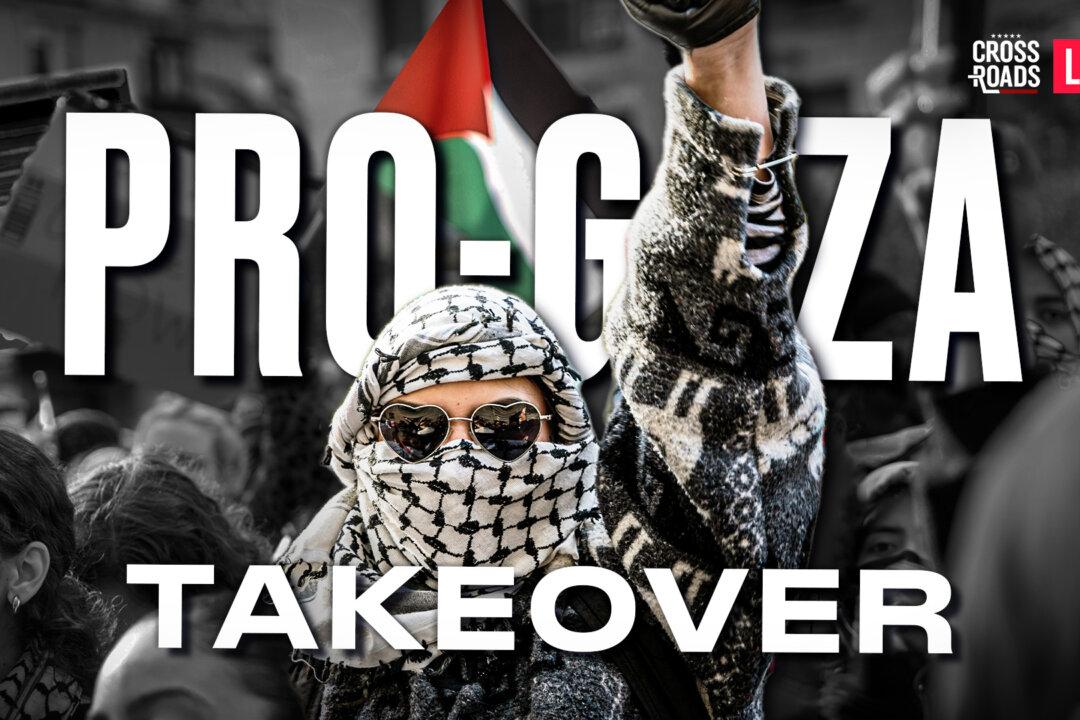Gates made his statement while on a flight to Kandahar, Afghanistan to meet with U.S. troops and commanders on Dec. 11.
There are currently two U.S. brigade combat teams operating in the region, with a total of 60,000 NATO and U.S. troops stationed there. In addition to the U.S., other nations, including France and Britain, have also said that they will be sending more troops into Afghanistan.
Gates spoke to troops stationed in the region about the changes soon to come. “The size and scope of your mission is going to see some changes in the coming months,” Gates was quoted saying by the U.S. Department of Defense’s news service, the American Forces Press Service.
“The details are still being worked out, and the final decisions will be made by the next president. But a consensus has emerged that more troops are needed to provide security and train Afghan security forces,” said Gates.
According to Stratfor, a geopolitical intelligence and analysis company, Taliban leader Mullah Mohammad Omar had written on an Islamist radical website that more foreign troops would only result in more targets for Taliban fighters. He is also refusing any negotiations with Afghan President Hamid Karzai as long as there are foreign troops in the region.
Earlier this week on Wednesday, Gates had said that due to a rise in Taliban insurgency, U.S. commanders in Afghanistan had requested additional forces be sent to the region. In order to quell Taliban fighters, U.S. commanders there have estimated that they will need an additional 20,000 troops if they are to reach some of the more remote areas of Afghanistan.
To reduce the number of foreign troops needed, Gates said that more emphasis will be placed on training the Afghani police and military. Currently, the Afghan National Army has a force of close to 80,000, and a police force of close to 82,000.
Gates was quoted by the American Forces Press Service, expressing the need for Afghani forces to join the fight. “It is very important for the Afghans to be up front in this struggle. This is their country, their fight, and their future,” said Gates.
“We have to do a better job of working with the Afghans and listening to what they have to say, incorporating that into our planning, and ensuring that they are out front -- that this is their fight, and that we’re there to help them.”
Defense Department Spokesperson Mark Wright told the Epoch Times in a phone interview that a hope in training the Afghan troops is that it will eventually allow other countries to withdraw from Afghanistan. “I think we’re pretty confident that the national army and police will eventually be the method by which we'll be able to remove all foreign troops from Afghanistan,” said Wright. “Until we’re able to get them to that point however, a sizable foreign troop presence will be necessary.”
“We’ve got a serious situation on our hands with insurgency as it is. It’s proven to be a pretty resilient insurgency and it’s managed to continue to manage operation,” he said.
The plan to send more troops to Afghanistan will be different than the troop surge used in Iraq. According to Wright, the U.S. Army General David McKiernan, the commander of NATO’s International Security Assistance Force and U.S. Forces Afghanistan, doesn’t want just a temporary increase in forces.
“I know General McKiernan has gone out of his way make sure that he doesn’t want a temporary surge in forces such as what happened in Iraq, where we had about a one year period of additional troops and then withdrew them,” said Wright.



![[LIVE 4/26 at 10:30AM ET] New Push Started for Global Digital Currencies](/_next/image?url=https%3A%2F%2Fimg.theepochtimes.com%2Fassets%2Fuploads%2F2024%2F04%2F19%2Fid5633115-0426-1080x720.jpg&w=1200&q=75)


